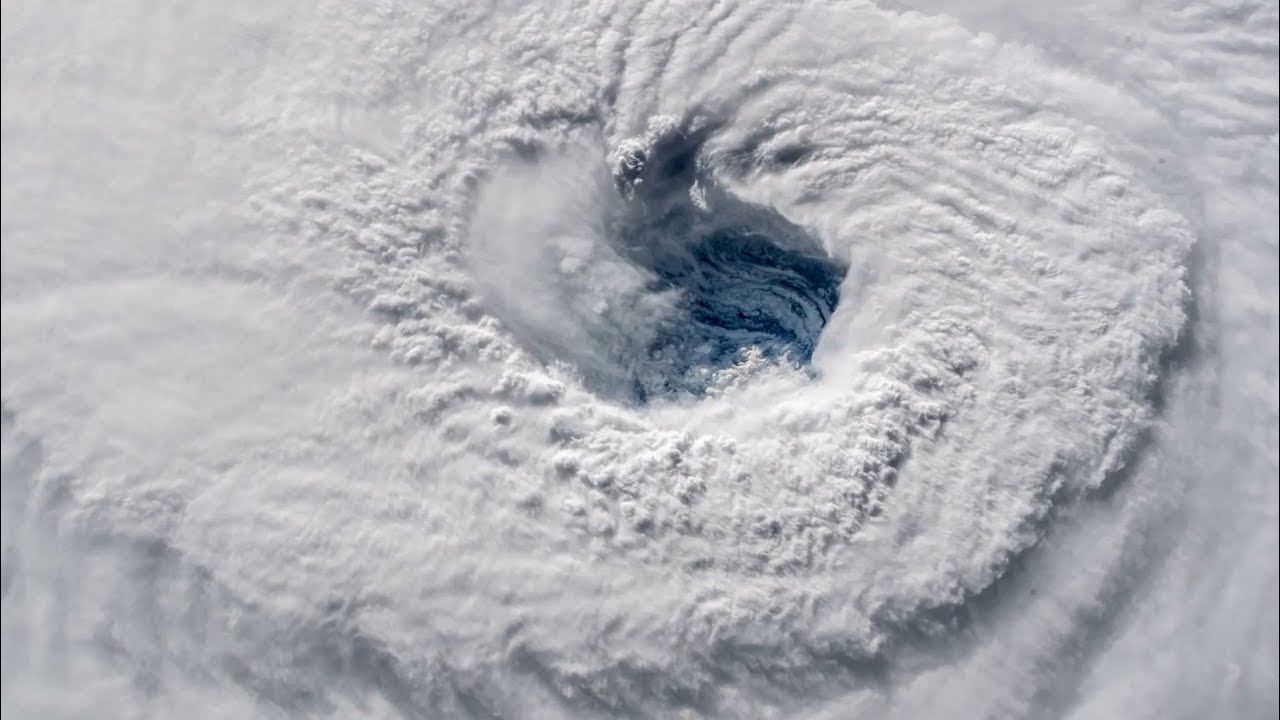
The Impact of Climate Change on Energy Education
Climate change is one of the most pressing issues of our time, and its effects are being felt across the globe. As the world grapples with the consequences of a warming planet, the energy sector is undergoing significant changes to adapt to a more sustainable future. Energy education plays a crucial role in this transition, as it equips individuals with the knowledge and skills needed to address the challenges posed by climate change.
The Importance of Energy Education
Energy education encompasses a wide range of topics, from renewable energy sources to energy efficiency and conservation. By educating individuals about the various aspects of energy production and consumption, we can empower them to make informed decisions that contribute to a more sustainable energy future.
The Role of Climate Change in Shaping Energy Education
Climate change has become a driving force behind the evolution of energy education. As the impacts of climate change become more apparent, there is a growing need for individuals with the expertise to develop and implement sustainable energy solutions. This has led to a shift in focus within energy education programs, with an emphasis on renewable energy technologies, energy policy, and climate change mitigation strategies.
The Evolution of Energy Education Programs
Over the years, energy education programs have evolved to keep pace with the changing energy landscape. In response to the challenges posed by climate change, many institutions have expanded their energy education offerings to include courses on topics such as solar energy, wind power, and energy-efficient building design.
Adapting to a Changing Energy Sector
As the energy sector undergoes rapid transformation, energy education programs must also adapt to meet the needs of a changing workforce. This includes incorporating new technologies and teaching methods that reflect the latest advancements in the field of renewable energy.
The Intersection of Climate Change and Energy Education
The intersection of climate change and energy education is becoming increasingly important as we seek to address the root causes of global warming. By equipping individuals with the knowledge and skills needed to develop sustainable energy solutions, energy education plays a vital role in the fight against climate change.
Challenges and Opportunities in Energy Education
While energy education holds great promise for addressing the challenges posed by climate change, it also faces a number of obstacles. These include limited funding for energy education programs, a lack of awareness about the importance of energy literacy, and the need for greater collaboration between academia, industry, and government.
Addressing Funding Challenges
One of the key challenges facing energy education programs is securing adequate funding to support their initiatives. Without sufficient resources, institutions may struggle to offer the latest training and educational opportunities in the field of renewable energy.
Promoting Energy Literacy
Another hurdle to overcome is the lack of awareness about the importance of energy literacy. Many individuals may not fully understand the impact of their energy choices on the environment, making it essential to promote greater energy literacy through energy education programs.
Future Trends in Energy Education
Looking ahead, the future of energy education is likely to be shaped by ongoing advancements in renewable energy technologies, as well as the increasing urgency of addressing climate change. By staying at the forefront of these developments, energy education programs can continue to play a critical role in shaping a more sustainable energy future.
Embracing Innovation in Energy Education
In order to remain relevant in a rapidly changing energy landscape, energy education programs must embrace innovation and adapt to emerging trends in the field. This includes exploring new teaching methods, incorporating cutting-edge technologies, and fostering collaboration with industry partners.
Collaboration for Climate Action
Collaboration will be key to driving progress in energy education and addressing the challenges posed by climate change. By working together across sectors and disciplines, we can develop comprehensive solutions that promote sustainability and resilience in the face of a changing climate.
Conclusion
In conclusion, energy education is a vital component of our response to climate change. By equipping individuals with the knowledge and skills needed to navigate the complexities of the energy sector, we can work towards a more sustainable and resilient future. As the effects of climate change continue to unfold, the role of energy education will only become more important in shaping the energy landscape of tomorrow.

